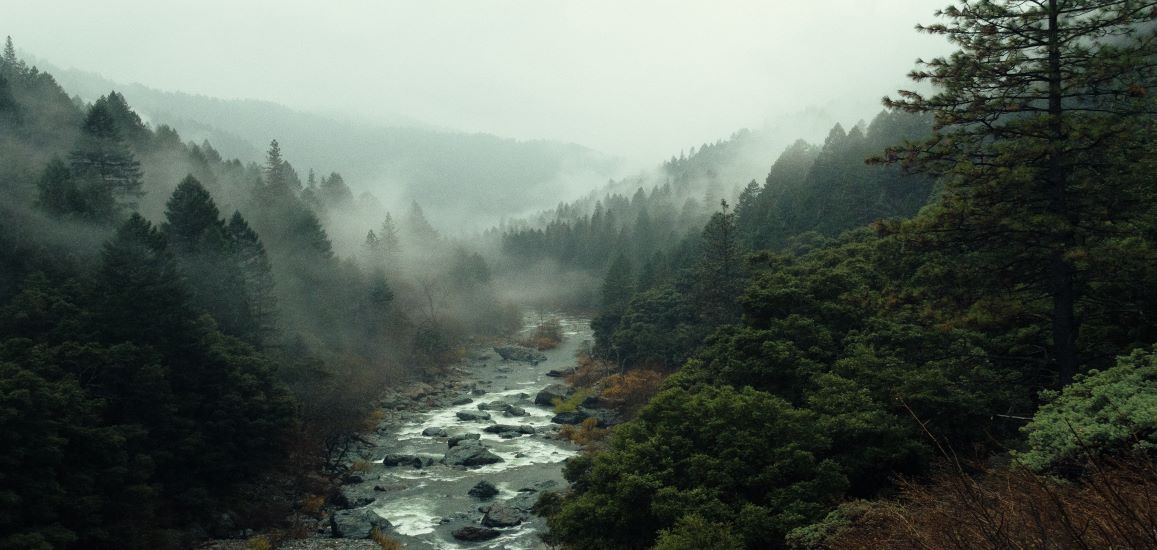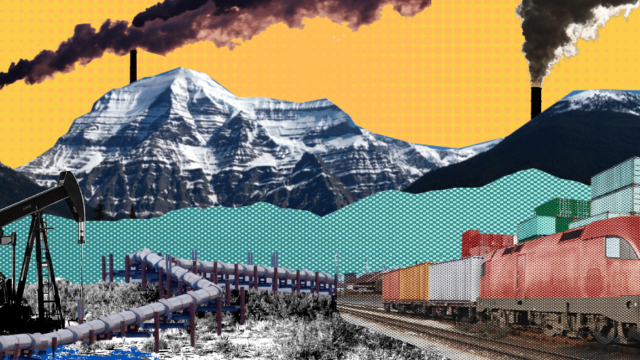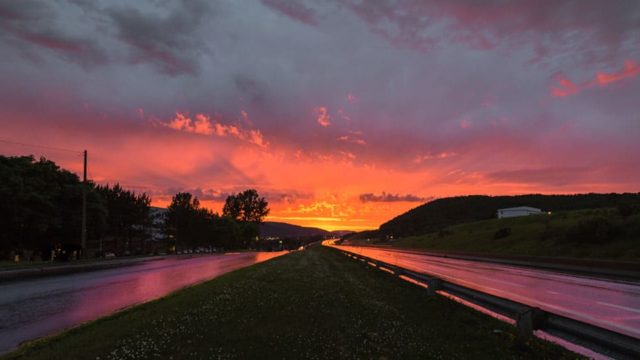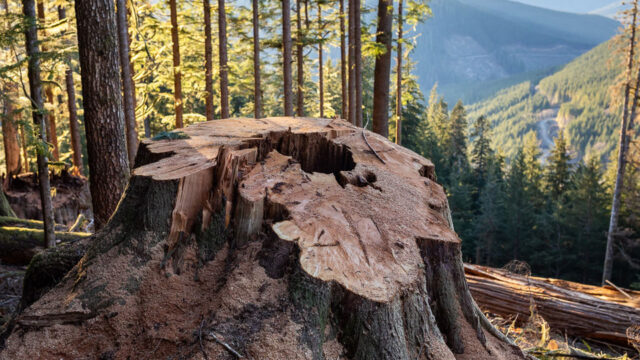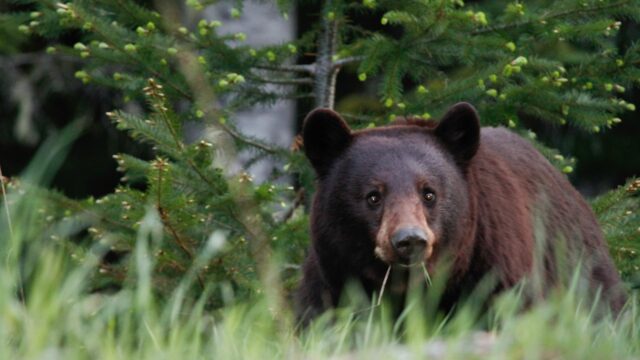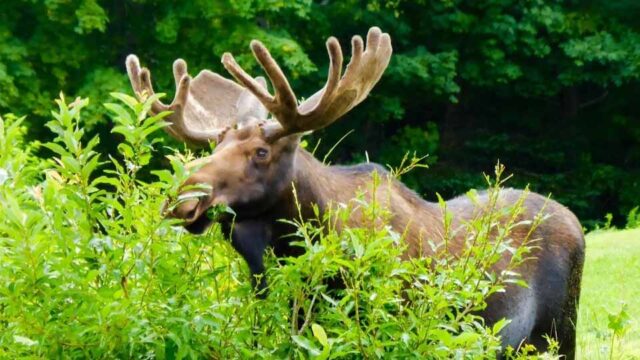The past five years in British Columbia (B.C.) have sounded the siren for climate instability.
Tens of thousands of people living in B.C. have been displaced by record-breaking catastrophes. The brutal heat dome of June 2021 claimed 619 lives. Wildfires razed much of Lytton to the ground. 1.3 million farm animals were lost in floods and extreme heat. The first ever estimated cost of rebuilding B.C. from 2021’s natural disasters is estimated at between $10.6 -17.1 billion. [1] Adding to this grim picture, numerous species have been declared as on the brink of extinction. Mildly put, environmental crises fuelled by human activity are hitting B.C. hard.
So, it was heartening when B.C.’s new Premier, David Eby, unveiled his 100-day plan and said, “I’m setting down a marker today on these priorities for our government: housing, health care, the environment, public safety.” [2] Eby further welcomed working with those party members who had pushed for a more ambitious approach to tacking environmental issues in B.C. during the NDP leadership race. While these words sound promising, it will take concrete action for Eby to deliver on his promises.
Here are the top three things the Eby government can do to seriously tackle the environmental challenges facing people and nature in B.C. right now.
Pass a comprehensive biodiversity law
B.C. is home to an incredible number of diverse ecosystems, but centuries of industrial exploitation and mismanagement have put many of these ecosystems, and the species that make them up, at risk. A recent species at risk report by the Wilderness Committee and Sierra Club B.C. found that more than 1,900 species, subspecies, and ecosystems are on the path to extinction. [3]
Furthermore, the federal Species at Risk Act (SARA) suffers from chronic delays in implementation and lacks teeth to be effective.
This piecemeal approach to biodiversity protection could effectively be addressed with one overarching provincial biodiversity law that sets standards for maintaining ecosystem health and protecting at-risk species. Ecojustice has long called for a standalone endangered species law and urged successive governments to introduce a dedicated law to protect biodiversity in B.C. In the face of these calls B.C. has defaulted to putting biodiversity on the back-burner. But it’s time they start taking biodiversity protection seriously — including by co-developing its approach with Indigenous groups and leaders. COP15 — taking place in Montreal this month, and to which the Government of B.C. has sent a delegation — presents an opportunity for Premier Eby to finally grant biodiversity the legal protection it deserves.
Protect old-growth forests
As B.C. continues to be battered by the climate crisis, it continues to allow the logging of iconic old-growth forests. These ancient, natural carbon-sinks provide unique habitat to several at-risk species such as spotted owls, marbled murrelets and southern caribou. It is no surprise that the rapid logging of B.C.’s old growth has driven these species and many more on the path to extinction.
That’s why it was such welcome news when, in 2020, B.C. committed to implementing the 14 recommendations made by an independent panel assessing the state of old-growth forests in 2019. The crux of the Old Growth Strategic Review (OSGR) was to transition to a new forest management system that would provide an immediate response to protect high-risk ecosystems.
To achieve this, the top two requirements of the OSGR were to “engage the full involvement of Indigenous leaders and organisations” in its governance framework and “enact legislation that legally establishes [ecosystem health and biodiversity] as a priority for all sectors.” [4] These recommendations were a dramatic departure from the status quo — instead of managing conservation around the needs of industry, this approach would ensure that industry cannot compromise conservation. The federal government even pledged $50 million to launch a forestry transition that would protect old growth and awaits a matching commitment by the province.
The province has yet to progress on its commitments. Ecojustice has demanded the protection of old-growth forests and forced investigations into so-called ‘sustainable’ forestry management certifications, which are blatant attempts to green wash unsustainable logging. Meanwhile, ancient trees continue to fall along with the wildlife populations and air quality that depend on them. Premier Eby and his government must act immediately to implement all 14 recommendations of the OGSR, as was promised two years ago.
Reverse liquefied natural gas (LNG) project approval
“British Columbians are really clear; we cannot continue to expand fossil fuel infrastructure and hit our climate goals.” These words by David Eby come on the heels of an International Energy Agency (IEA) report that concluded that the golden age of gas has come to an end and any new gas infrastructure is risky, both for the climate and the economy. [5]
Premier Eby has his work cut out for him. Several LNG mega-projects are approved or under consideration in B.C. The approved LNG Canada Project in Kitimat is the largest private sector construction in Canadian history. B.C. is further considering several proposed LNG projects. They include the Tilbury Marine Jetty and Tilbury Phase 2 expansion Project in Delta, which would transport fracked gas out of the Fraser River estuary, the Cedar LNG Project in Kitimat, and the Ksi Lisims LNG Project at Wil Milit north of Prince Rupert.
None of these projects would start operating until the mid-2020s and all of them are expected to operate till 2050. These projects will lock in millions of tons of greenhouse gas emissions for decades. The government claims that these new LNG projects will cut global emissions despite clear warnings from the IEA that it will not. Rather than addressing the problem, we are attempting to cash in on an industry that must rapidly wind down.
B.C. admitted in its “2022 Climate Change Accountability Report” that it would not meet its 2025 emissions reduction targets. As the provincial government considers approving more LNG expansion projects, it must acknowledge doing so would make it impossible for the province to make its legislated climate targets. Will Premier Eby accept the math won’t work and put a hard stop to LNG expansion?
So, what’s the deal?
Successive B.C. governments have passed the buck on addressing major environmental crises, some of which have been in the works for decades. As emergency after emergency rock B.C., we must ask the question — if not now, then when? If not the Eby government, then who? If Premier Eby is serious about the environment being a priority of his government, then taking action to protect biodiversity, stopping the logging of old-growth forests, and halting LNG expansion are an essential start.
References
[1] The cost of rebuilding B.C. from 2021’s natural disasters — Canadian Centre for Policy Alternatives
[2] New Premier David Eby’s 100 day plan for B.C. — Vancouver Sun
[3] At-Risk Species Report — Sierra Club B.C.
[4] Old Growth Strategic Review — Government of B.C.
[5] World Energy Outlook 2022 — IEA

